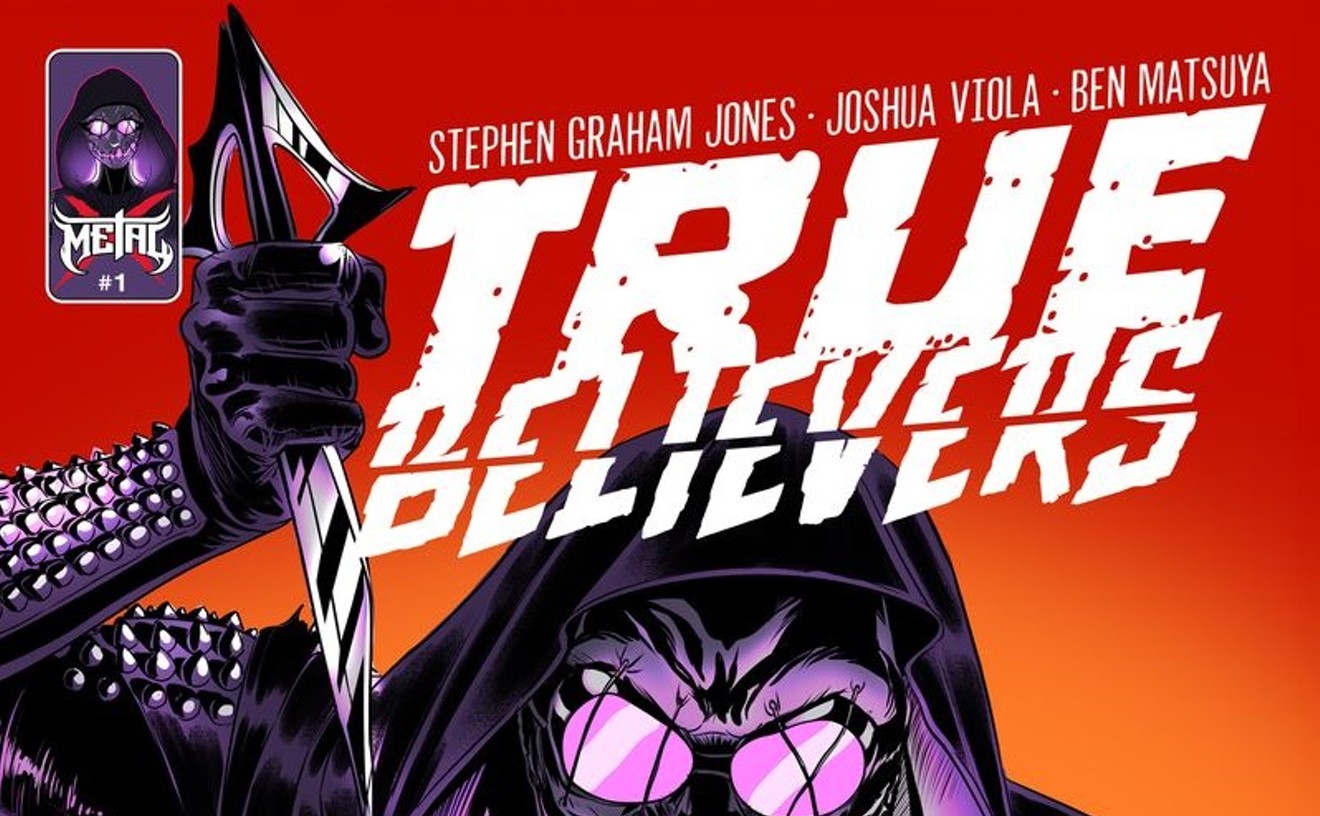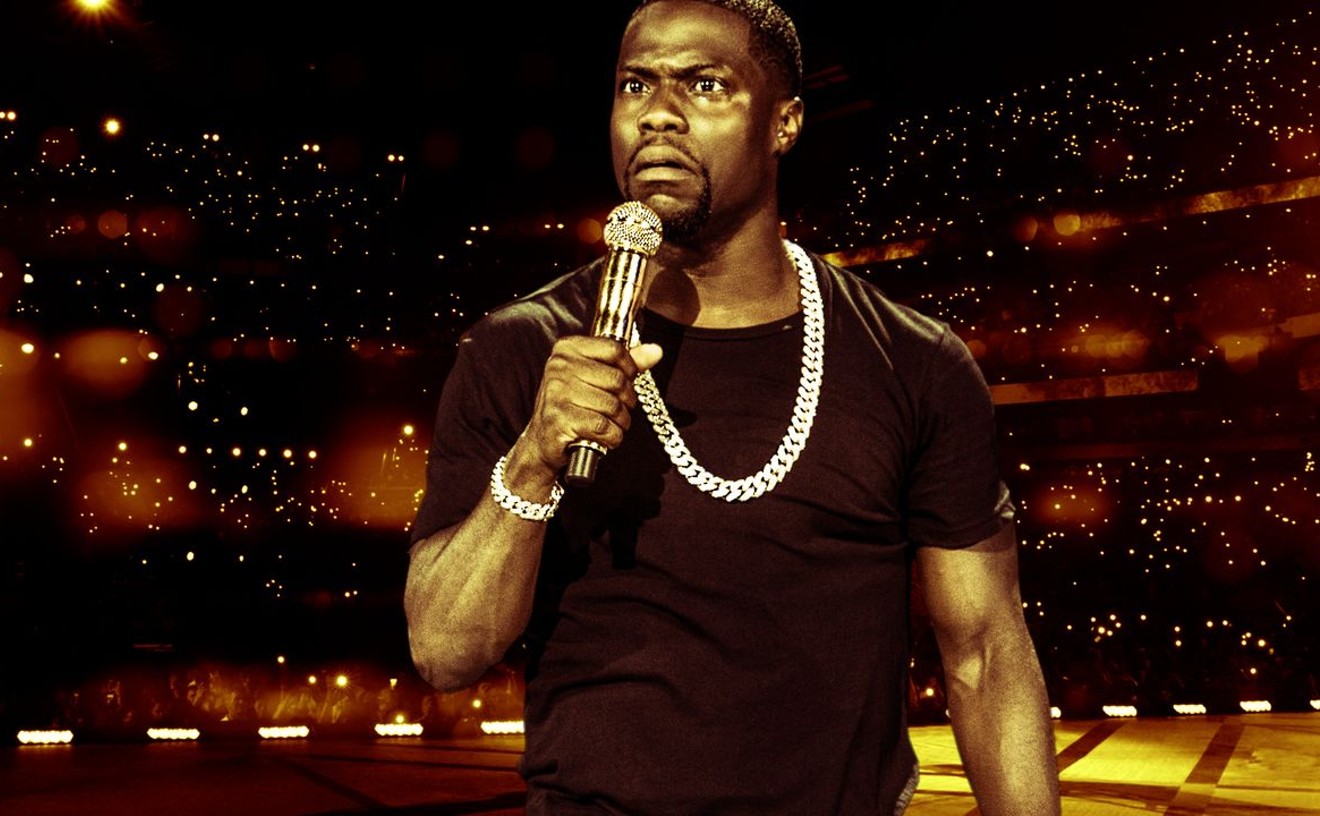Havel's revolution was -- among many other things -- a testament to the subversive power of art.
Under Communism, the work of writers, singers, actors and directors was repressed; several ended up in menial and invisible jobs. Havel himself worked in a brewery for a while; he also spent time in prison. Literary works were circulated in the form of underground publications called samizdat; people met secretly in private houses to enjoy performances of King Lear; the work of folksingers survived orally, or was passed around in illicit songbooks.
Havel's own proclamation, Charter 77, was inspired by The Plastic People of the Universe, an underground rock group that formed after the Soviet invasion of 1968 and was heavily influenced by Frank Zappa.
The first strike of 1989 was called by students, and they were rapidly joined by actors from both Prague and Bratislava. Theaters were thrown open for discussion, freedom proclamations were read from the stages. Musicians from the Czech Sinfonia set down their instruments and marched. As crowds massed in Wenceslas Square, iconic singer Marta Kubisova emerged from the shadows to sing a prayer: "Let peace continue with this country. Let wrath, envy, hate, fear and struggle vanish." (You can hear her voice, and see images from that extraordinary time, here.
Incidentally, it was another iconoclast -- Frank Georgianna, founder of Boulder Rep -- who brought Havel's work to Colorado for the first and last time ever in 1985, four years before the revolution. Havel was known in this country, if at all, more for his dissidence than for his writing. The show was a trilogy of one-acts featuring a wry Everyman figure called Vanek, who was clearly a stand-in for Havel himself. In one of three encounters, "Audience," Vanek's boss attempts to get him to inform; in another, "Protest," Vanek is asked by a friend called Stanek to draft a letter on behalf of an imprisoned rock musician, but Stanek loses his courage once he sees what Vanek has written. "A Private View" describes a visit by Vanek to a materialistic couple more interested in the special almond peeler they've ordered from the United States than the state of their country.
"Frank chose Bruce Springsteen's 'Born in the USA' as the opening music," remembers Susan d'Autremont, who acted with Georgianna himself in this segment, "and as the lights came up the two of us sat absolutely still, staring straight ahead, trying to figure out what we were listening to."
Here's more on the Velvet Revolution that Havel inspired:











